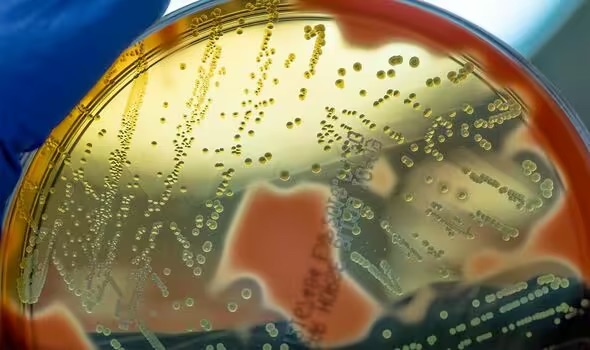Reports indicate that a serious illness caused by “flesh-eating bacteria” is spreading more rapidly in Japan than in the previous year. Streptococcal toxic shock syndrome (STSS), caused by Group A Streptococcus (GAS) bacteria, has a high mortality rate and can lead to severe complications such as breathing difficulties, necrosis, organ failure, and death.
According to Japan’s National Institute of Infectious Diseases, the country had recorded 977 STSS cases by June 2, 2024, surpassing the total of 941 cases recorded in 2023. The rapid spread of this bacterial disease is raising concerns about increased harm and fatalities.

Group A Streptococcus (GAS) is a bacteria typically responsible for causing throat swelling and soreness in children. However, certain strains of GAS can develop rapidly, leading to symptoms such as limb pain and swelling, fever, and low blood pressure. In severe cases, the bacteria can cause necrosis, organ failure, and death. According to infectious disease expert Ken Kikuchi, even minor swelling can be fatal within 48 hours.
This is particularly alarming given the 30 percent mortality rate and the potential for STSS cases to reach 2,500 this year in Japan. Although older individuals are generally more at risk for STSS, this GAS strain is increasingly fatal among those under 50. GAS infections typically spread through droplets and direct contact, similar to the transmission of COVID-19.
Health experts suggest a potential link between the easing of restrictions in May 2023, following the COVID-19 pandemic, and the rise in STSS cases in Japan. The Japanese health ministry advises people to continue the hygiene practices adopted during the COVID-19 emergency, such as frequent hand-washing and proper cough etiquette, to prevent STSS infection. Maintaining vigilance and prioritizing personal hygiene is crucial, especially during infectious disease outbreaks.
